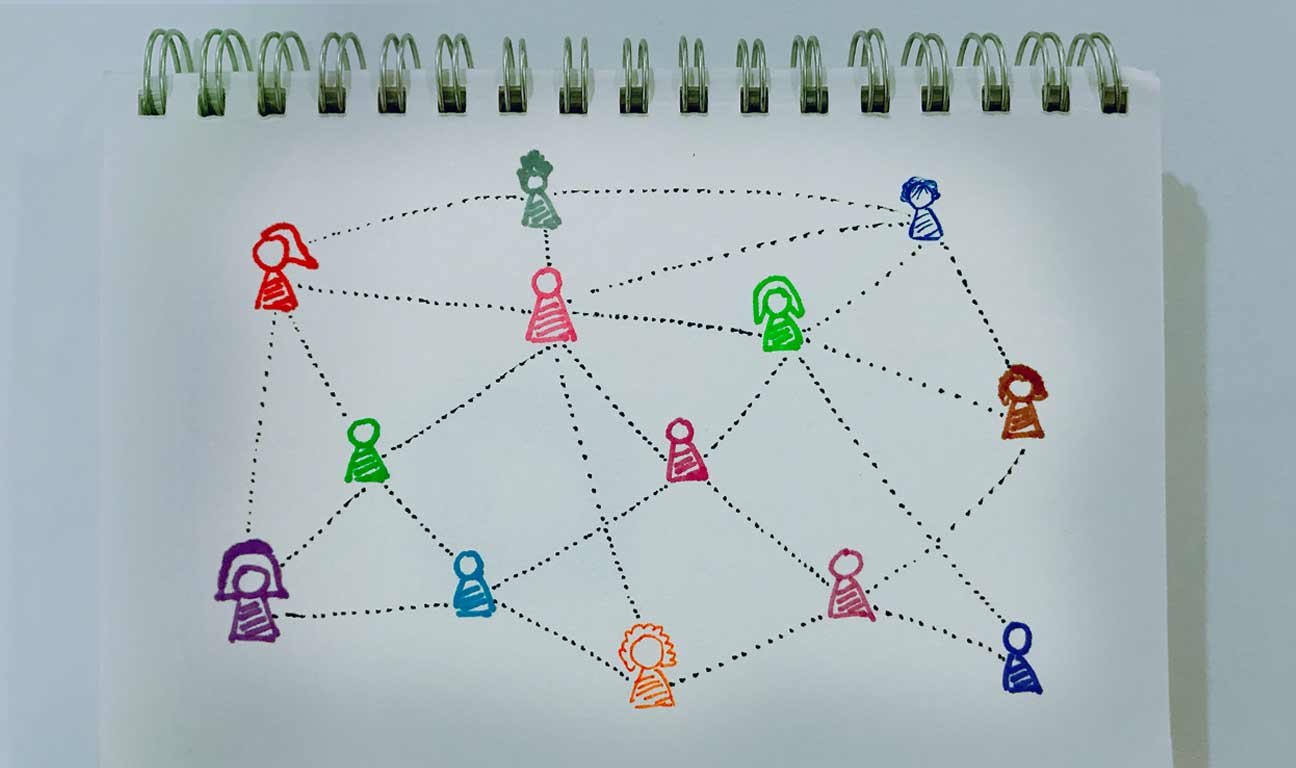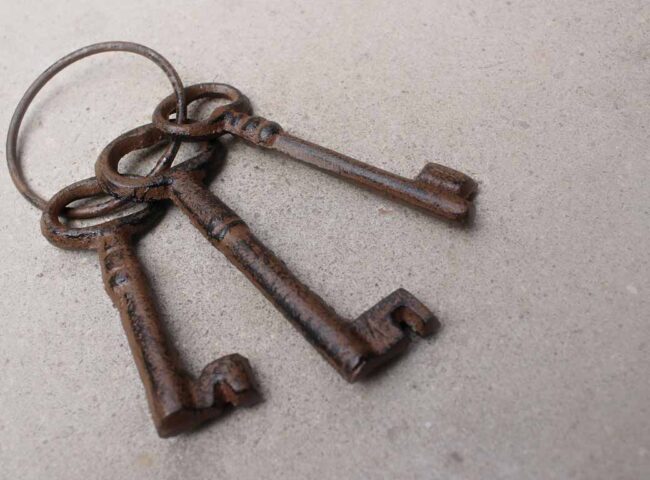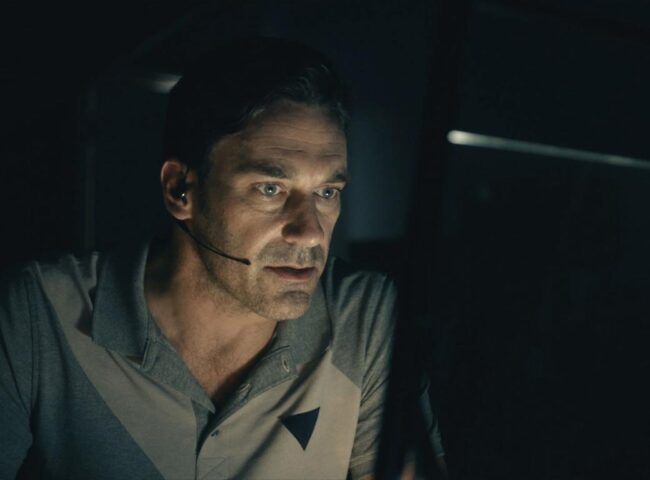Published on Eternal Me
August 7th, 2024
As our lives become increasingly digitized, the concept of estate planning has evolved to include the management of digital assets.
Traditional estate planning primarily focused on physical and financial assets, but today’s estate plans must also address the myriad digital assets that individuals accumulate over their lifetimes.
The need for a digital executor arises from the complexity and sensitivity of digital assets. Unlike physical assets, which can often be easily identified and transferred, digital assets are protected by passwords, encryption, and privacy policies.
Designating a digital executor is an important part of estate planning and managing your digital legacy in the way you desire when you are no longer able to do so. It’s crucial to choose someone you trust and who is an expert with all online and digital platforms.
Without proper planning and access, these assets can be lost or become inaccessible.
Given that our digital presence is now every bit as robust as our physical one, appointing a digital executor has become an essential component of comprehensive estate planning. By understanding the role and importance of a digital executor, you can take proactive steps to ensure that your digital legacy is managed according to your wishes and protected from potential risks.





